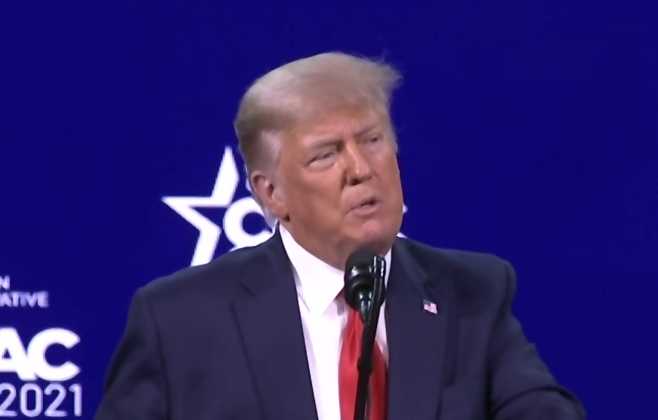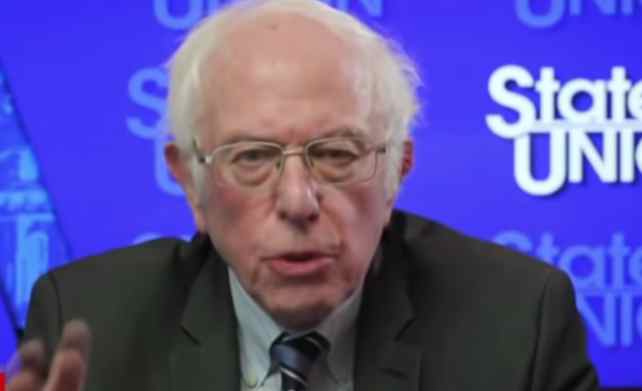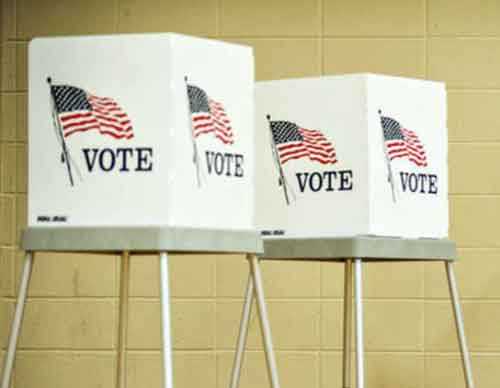WASHINGTON —President Joe Biden on Tuesday became the first sitting U.S. president to join a labor strike, standing with workers in the Detroit suburbs as they entered the second week of their strike seeking higher pay, a shorter workweek and other changes from the nation’s top three automakers.
“Folks, stick with it, because you deserve the significant raise you need and other benefits,” Biden said during his short stop to visit marching workers. “Let’s get back what we lost, OK? We stepped up for them. Now it’s time they stepped up for us.”
Workers seek a 40% pay rise, a 32-hour workweek and more, and cite companies’ ballooning profits as justification. On Tuesday, members of UAW Local 174 chanted, “What do we want? Contracts! When do we want them? Now!”
Biden has been careful to not say publicly which of their specific demands he supports or to what extent, only that he supports workers’ right to strike.
But when asked by reporters on Tuesday if he believed workers should get a 40% increase, he said, “Yes. I think they should be able to bargain for that.”
The president of the powerful United Auto Workers union — which endorsed Biden’s presidential run in 2020 but hasn’t yet done the same for his 2024 bid — thanked him.
“Thank you, Mr. President, for coming,” said UAW President Shawn Fain, to workers’ cheers. “Thank you for coming to stand up with us in our generation’s defining moment. And we know the president will do right by the working class. And when we do right by the working class, you can leave the rest to us, because we’re going to take care of this business. Get social justice for all of our members.”
General Motors, the largest of the Big Three automakers, avoided any direct comment on Biden’s appearance but issued a statement saying, “Our focus is not on politics but continues to be on bargaining in good faith with the UAW leadership to reach an agreement as quickly as possible.”
The union claims more than 400,000 members. Many point to the sharp rise in company profits and CEO pay but also to the much smaller rise in worker pay.
At a march last week, one worker said this strike is about much more than terms: It’s about how Americans think about work and corporate compensation.
“I want the levels to be balanced,” said UAW member Yolanda Downs. “I want everyone to make a good living and a fair living. If I’m working on one side of the line and I’m making $30, and the person across from me is making $15 an hour, how is that fair?”
Biden seemed to agree, saying that the automakers “are doing incredibly well. And guess what? You should be doing incredibly well, too. It’s a simple proposition.”
Susan Kang, an associate professor in political science at the John Jay College of Criminal Justice, said Biden’s decision to stand with workers is significant. But can he tip the balance of negotiations?
“Probably not,” she said. “Because there’s a lot of things going on in the specifics of the negotiations, but he can shift the political support. We already have an overwhelming amount of support from the public for the strike. And I think this is going to further legitimize the position of the striking workers.”
Republican presidential front-runner Donald Trump plans to rally at a nonunion plant near Detroit on Wednesday instead of participating in the second Republican presidential primary debate that day.
In a statement, he dismissed Biden’s Detroit trip.
“This is nothing more than a PR stunt from Crooked Joe Biden to distract and gaslight the American people from his disastrous Bidenomics policies that have led to so much economic misery across the country,” he said.
The White House refutes that claim, arguing that since Biden took office, “the U.S. economy has added 235,000 auto jobs — over four times as many auto jobs per month (and over five times as many auto manufacturing jobs per month) as under the previous administration, pre-Covid.”
The Heritage Foundation, a conservative think tank with a number of former Trump administration officials on its team, argues that the workers’ demands are exorbitant.
“These demands are unsustainable in the globally competitive economy of 2023,” Rachel Greszler, who researches U.S. economic issues, wrote on September 22.
She added that if the automakers — General Motors, Stellantis (formerly Fiat Chrysler) and Ford Motor Company — capitulate, “that simply will mean more shuttered U.S. plants and fewer jobs for UAW members.”
Kang, of John Jay College, said many older politicians may be missing a broader movement among millennial workers.
“I think that there’s a wave, a tide, towards greater intolerance of deep socioeconomic inequality that really has sort of characterized my lifetime,” she said.
[content id=”52927″][content id=”79272″]








